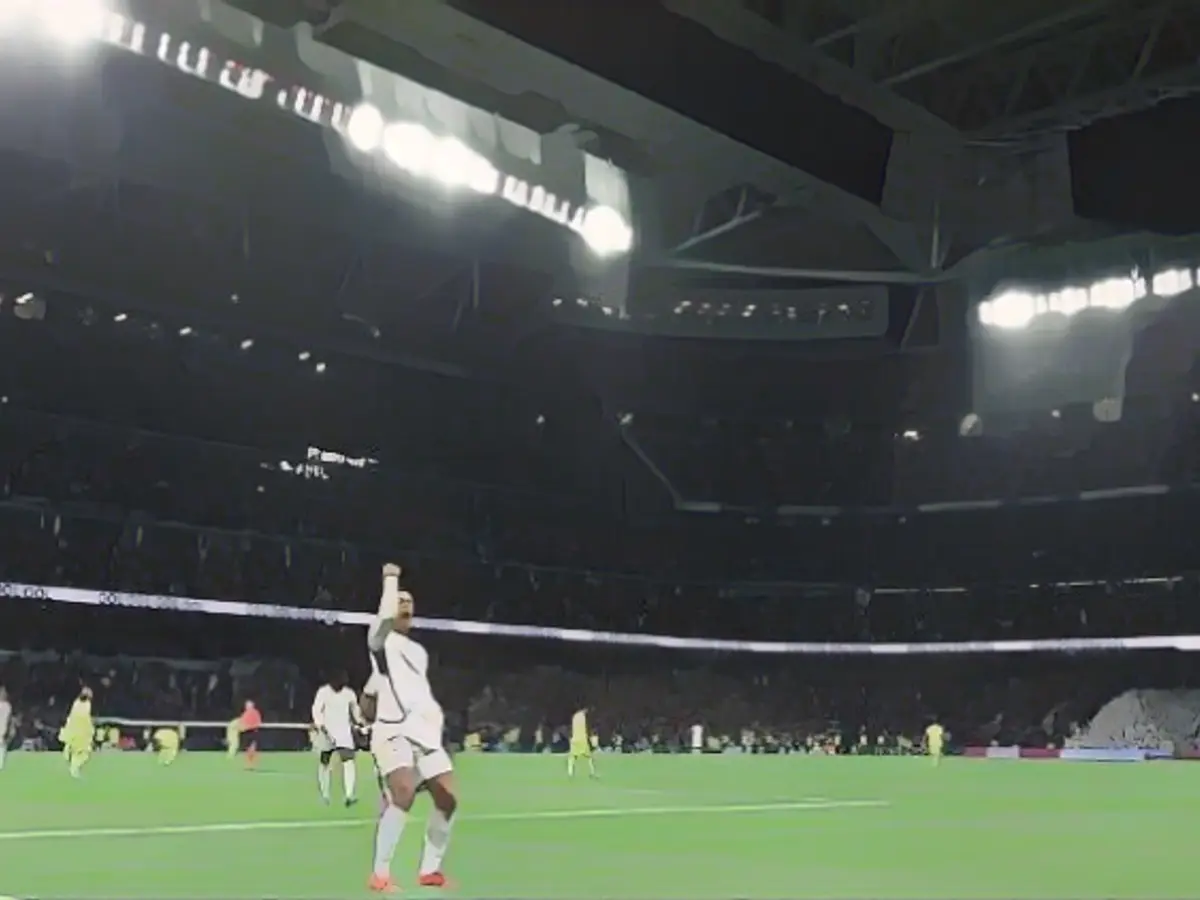Unwrapping the Super League Controversy: A New Era for European Soccer
UEFA President Aleksander Čeferin's derisive remarks on December 23rd imply that the European Super League's proposed league structure does not deliver as promised under the Christmas tree. But did the European Court of Justice (ECJ) truly hand the Soccer Association a significant blow, or is there more to the story? One legal expert shares his insights on possible implications for the sector.
The EU court's unexpected intervention
You may have laughed off Čeferin's vented frustration—after all, the Super League proposal was unlikely to progress as expected—but things took a surprising turn with the European Court of Justice (ECJ)'s rule. It was widely perceived as a defeat for the association, as wrote off as a monopoly-exploiting attempt.
But the ECJ's interference highlighted a critical issue: any new soccer competition needs transparency, objectivity, appropriateness, and fairness in requiring the FIFA and UEFA seal of approval. The association's lack of such criteria, which Eurojustice highlighted during the Super League revolt, left UEFA exposed to potential financial repercussions.
Legal expert, Mark-E. Orth, opines on punishing UEFA for lack of transparency
Orth, well-versed in antitrust law and the Super League's intricacies, believes that the European Court of Justice's (ECJ) ruling torn down the "Berlin Wall" of sports monopolies.
Over the years, the ball had been up the wall when it came to the competitive nature of sports organization. While soccer relied on merit and skills, organizations like UEFA kept the market to themselves, imposing numerous restrictive measures on athletes and clubs.
One such restriction emerged in a Dutch speed skaters' case in 2020, where skaters wanted to participate in events outside their federation but were penalized for attempting to do so. The European Court of Justice found the Isu's (International Skating Union) prohibition unacceptable, as it did not have a transparent process for approving such competitions.
Applying these principles to the Super League, the competition's team approvals lacked clarity. Orth believes that UEFA will now have to defend its criteria in court, which could cost the association dearly if they are found to be in violation.
A silver lining or UEFA's Achilles' heel?
While the news might not have elicited joyful jingles from UEFA's chairman, Orth suggests that there is a silver lining for UEFA. By setting minimum thresholds for transparency and fairness, the European Court of Justice effectively empowers athletes and clubs to challenge sports associations' monopolies.
The ruling also confirms that sports associations cannot stifle competition by restricting their participation in tournaments not sanctioned by their federations. In turn, this could encourage athletes and clubs to seek alternative competition avenues, leading to heightened levels of mettle and fueling international rivalries.
Orth's concluding remarks emphasize that a Super League re-emergence might provide a significant financial setback to UEFA. But a more significant threat appears to be the elongation of the association's monopoly and the potential shift in power dynamics between athletes, clubs, and organizational bodies.
The race to form a formidable European soccer league will continue to heat up as newfound metrics encourage more diverse structures that cater to a supportive audience demanding a more democratic and competitive landscape for their favorite sport.





